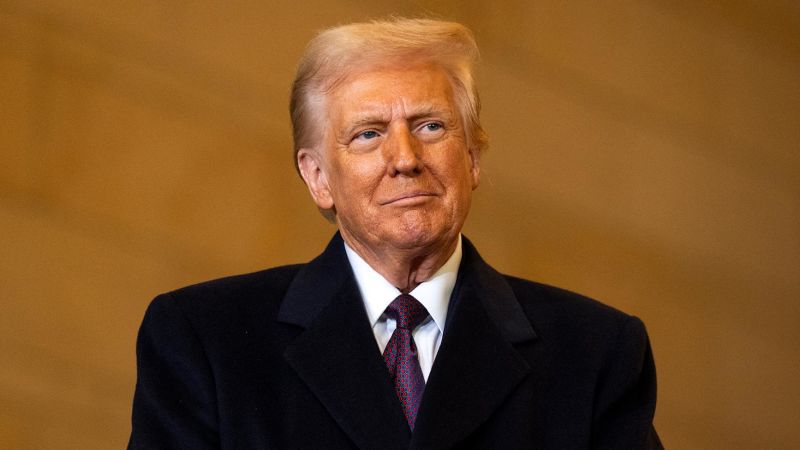Federal Workforce Trembles: Trump's Bold Plan to Dismantle Diversity and Job Protections

President Donald Trump is launching a strategic offensive against federal employees working in diversity, equity, and inclusion roles, signaling a bold move to reshape the federal workforce according to his campaign pledges. By targeting career policy staffers and diversity professionals, Trump aims to fundamentally transform the federal bureaucracy's operational landscape.
The president's approach reflects a determined effort to exert greater control over government agencies, challenging existing workplace policies and personnel structures. His actions suggest a comprehensive strategy to realign federal employment practices with his administration's political vision, potentially dismantling long-standing diversity and inclusion initiatives.
This targeted approach demonstrates Trump's commitment to dramatically restructuring federal employment, sending a clear message about his administration's priorities and approach to workplace diversity. Career civil servants in these specialized roles now find themselves at the center of a significant potential transformation in government employment practices.
The move is expected to generate significant debate about the role of diversity and inclusion programs within federal agencies, highlighting the ongoing tension between different political perspectives on workplace equity and representation.

